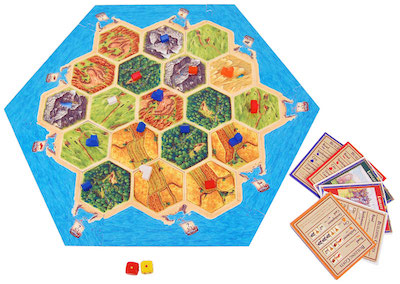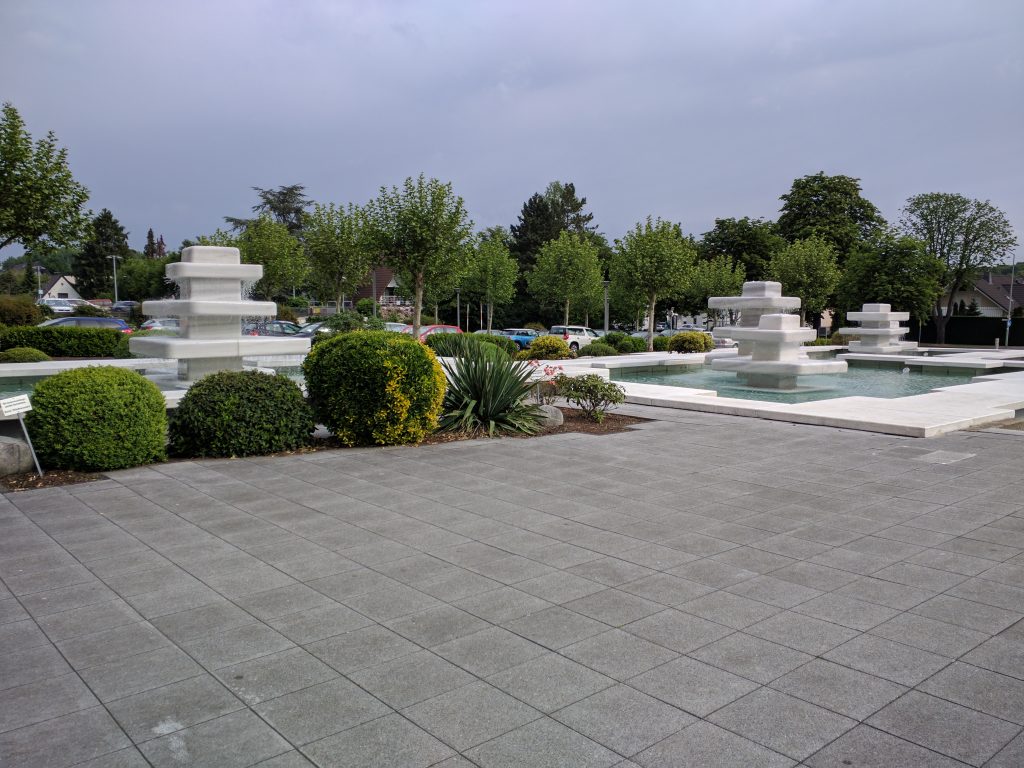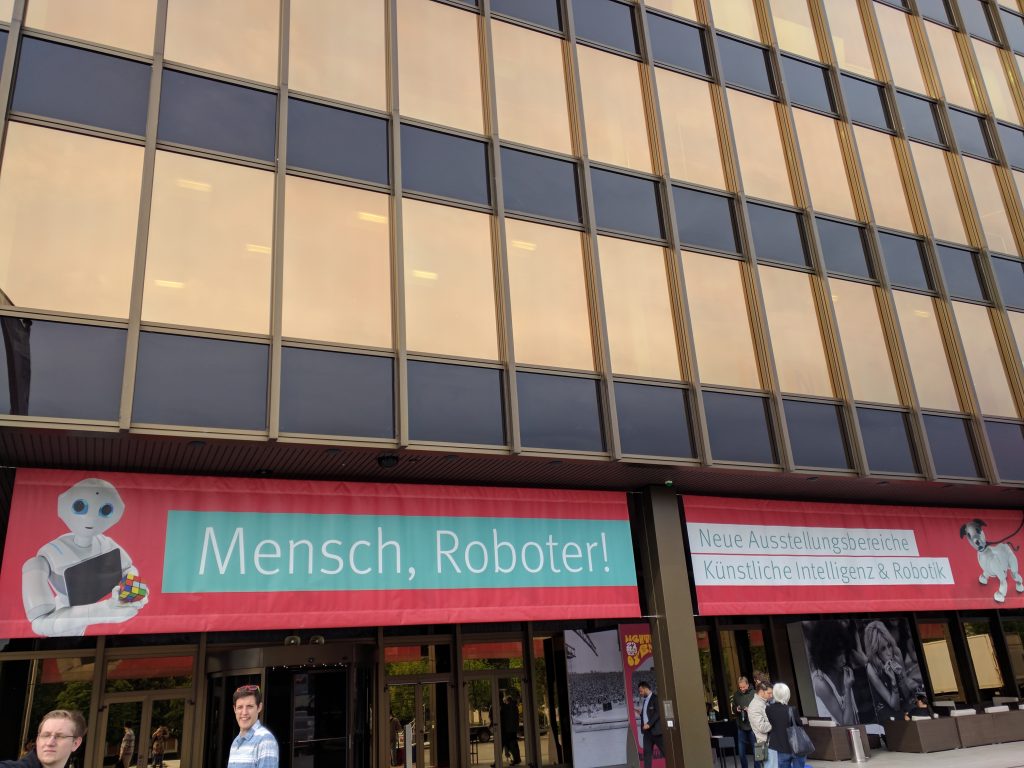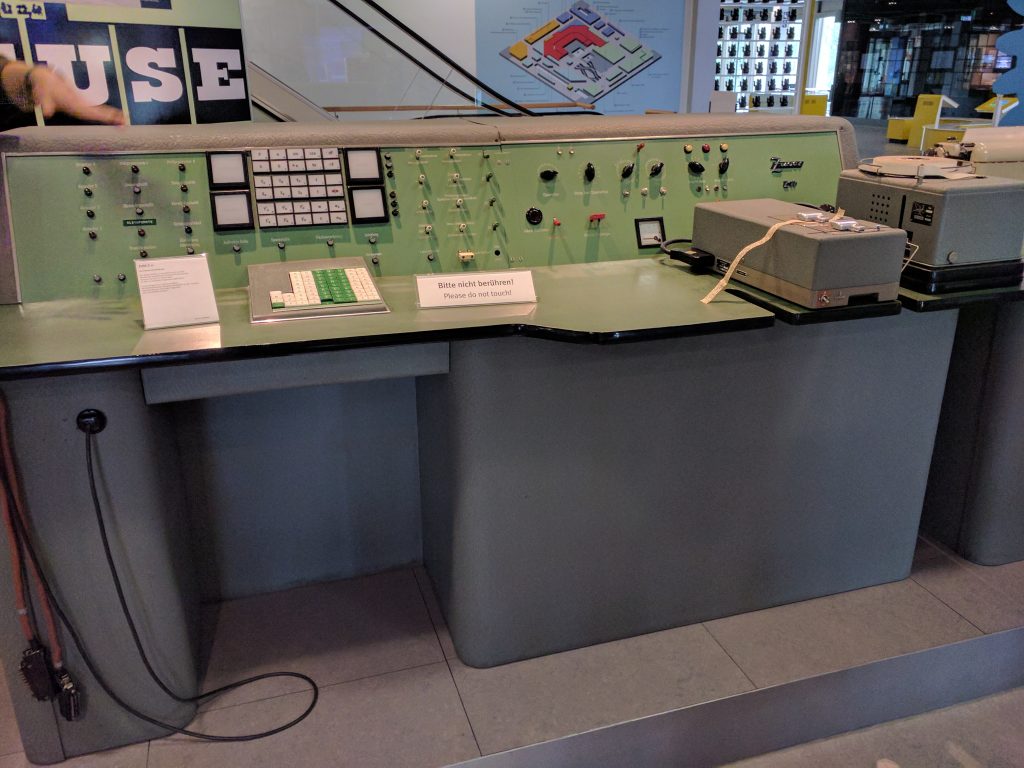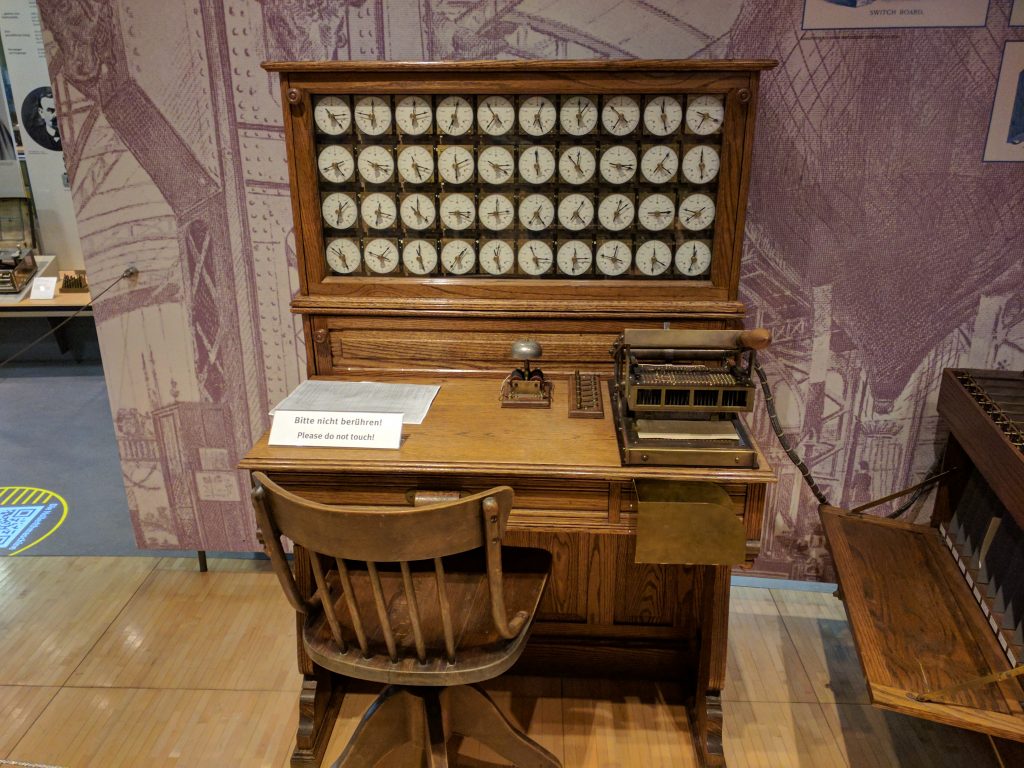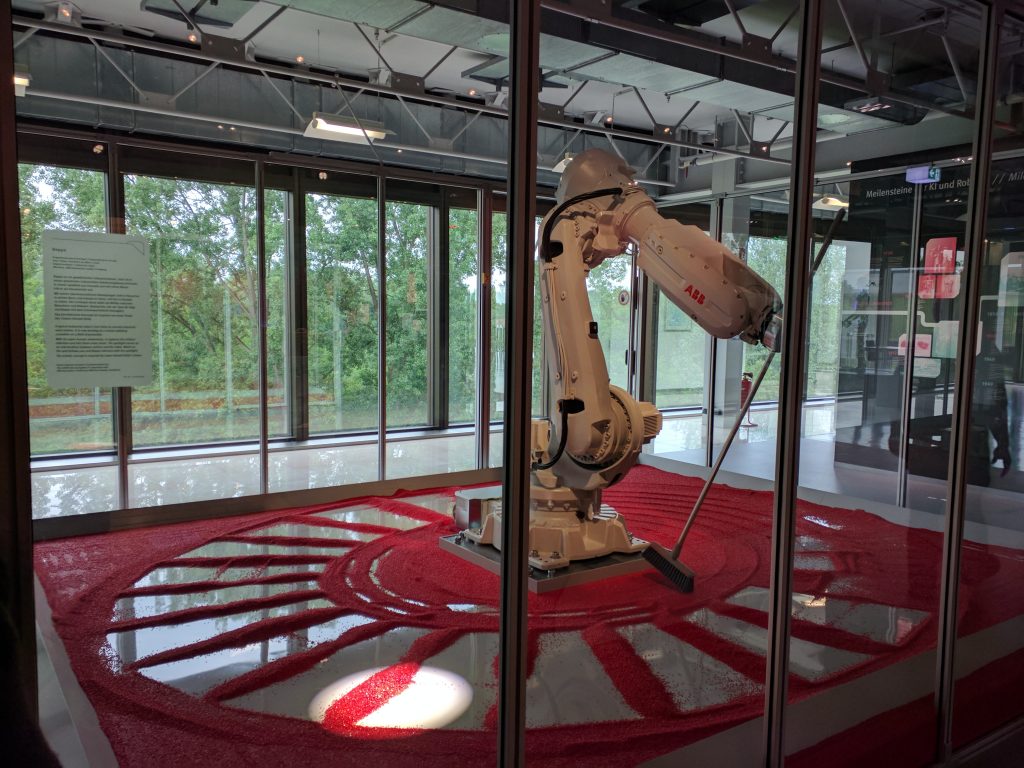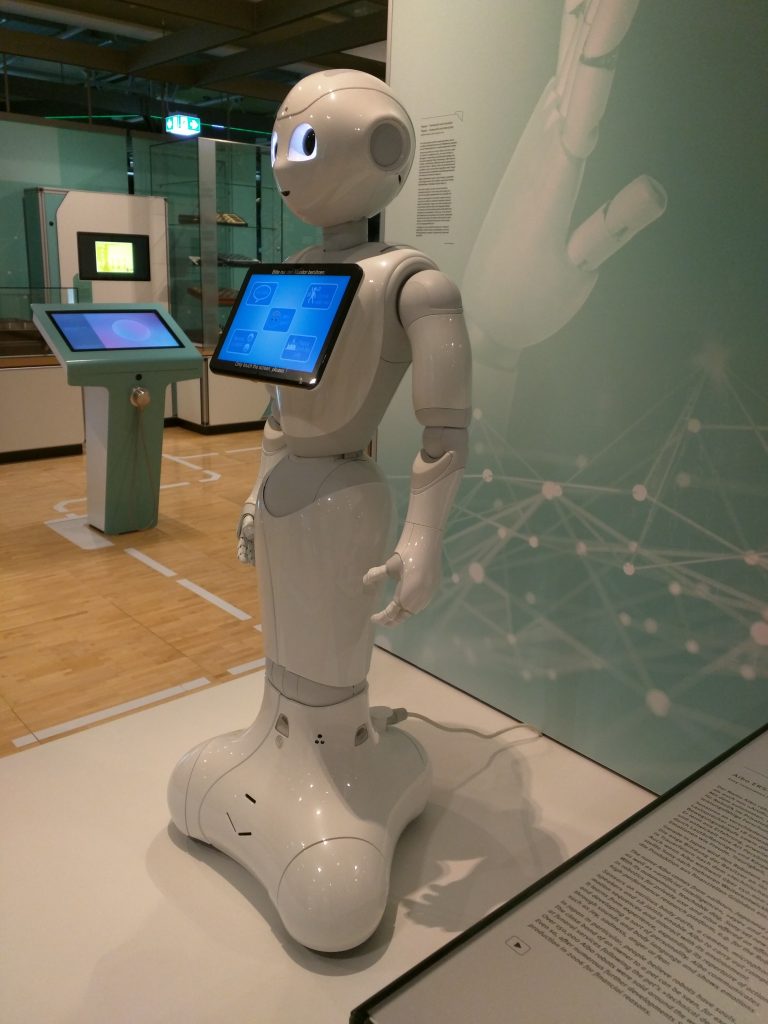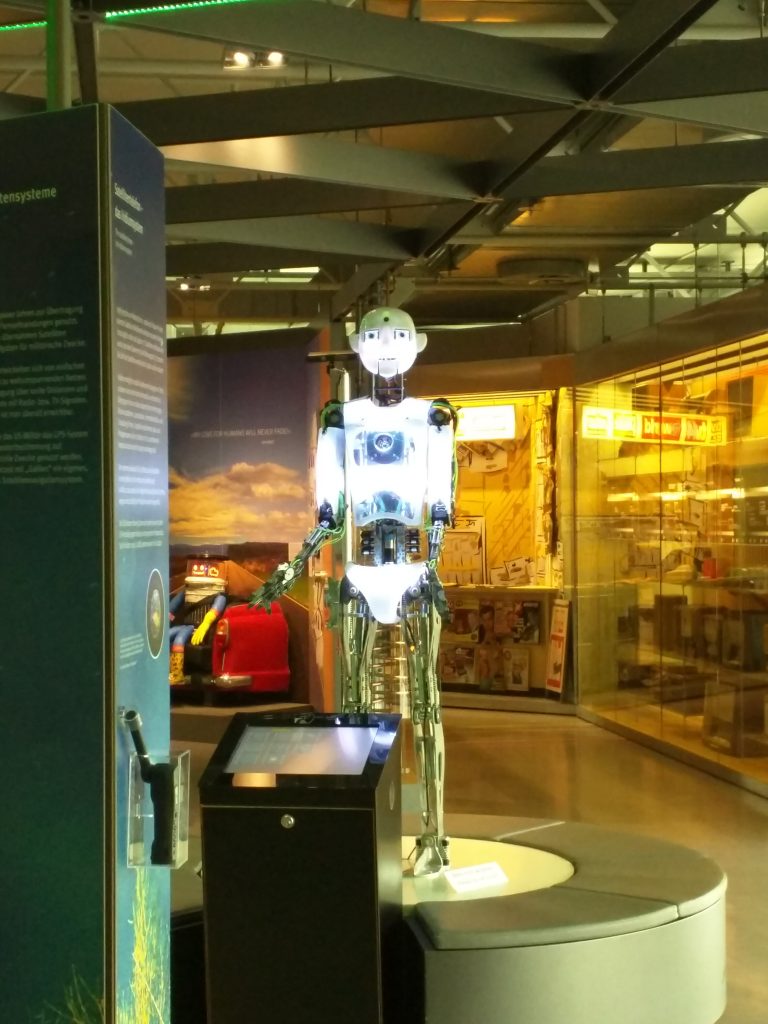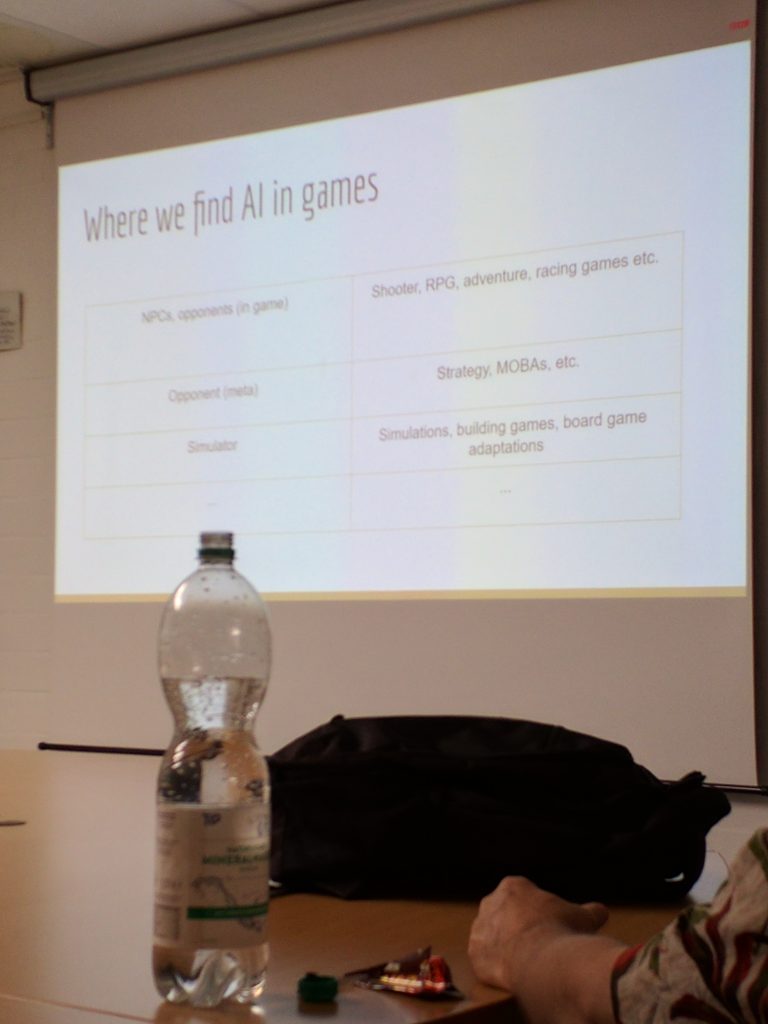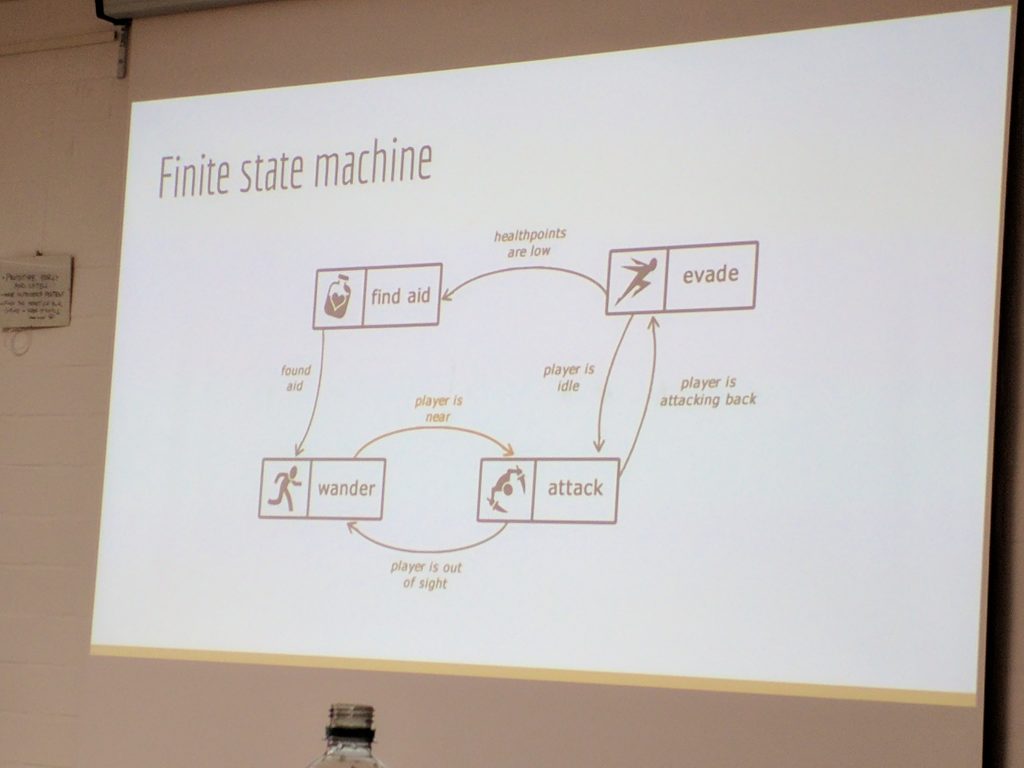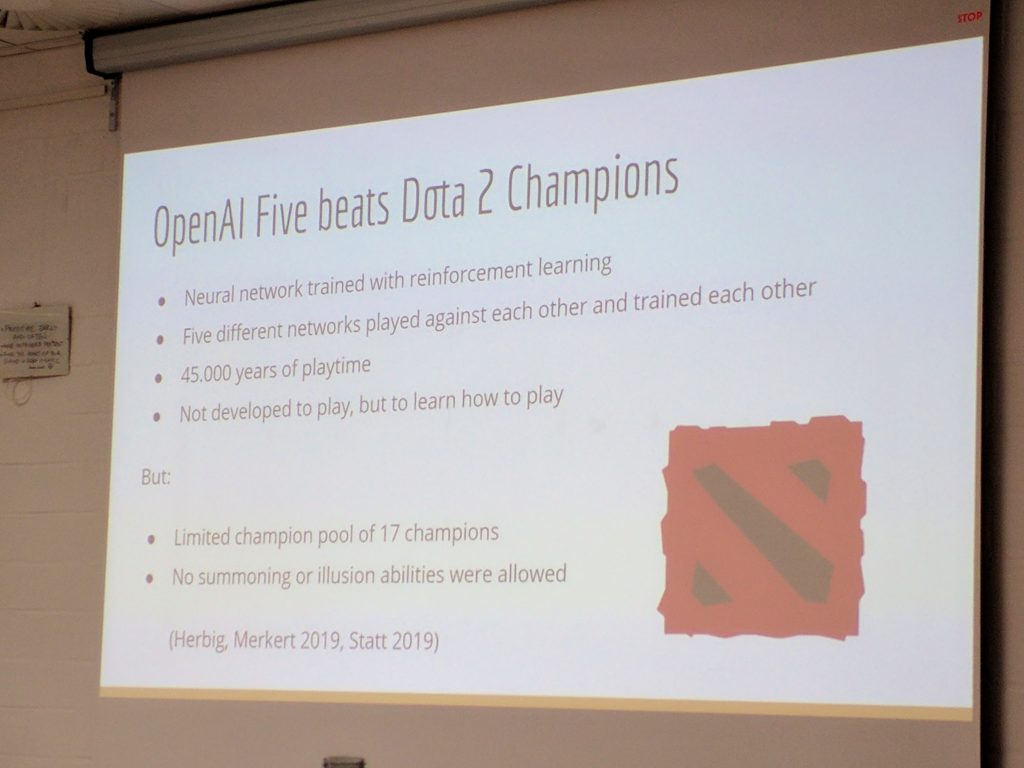On Tuesday, the trip in Germany took a bit of a step through time as we viewed and discussed technology from the past, and then looked out where some technology is going for the future!
The day began with a trip to the Heinz Nixdorf Museum where we partook in a guided tour for some of the exhibits in the facility. We looked at the very basic machines and technology that were developed and became the basis for modern computer technology. Most of these devices functioned as calculators and number machines, which was very interesting. The tour also went over the start of using binary based systems for technology, and some of the devices that used the earlier implementations of this system.
Eventually the tour made its way to more modern computer systems and went over how they were made, including earlier Apple and IBM machines. After briefly looking at the more modern computer systems, which I found much easier to understand how they operated compared to the older machines that involved thousands of different wires and plugs, we eventually made our way to the much more present day and somewhat futuristic technologies involved with robots. In this section of the museum, we got to look at a number of robots on display and briefly discussed some of the technology that is being developed for robotics and artificial intelligence. We spent some time interacting with the robots they had on display at the museum, and I was very impressed with how functional they appeared and with what they were able to do. One robot in particular was able to draw pictures of people that stood in front of it, and another was designed to seemingly be a personal assistant of sorts.
After that the group moved on to the Paderborn University where we ate lunch, and then discussed what we had seen at the museum with our German counterparts. Once everyone had eaten lunch, we then moved onto the Games Lab that they have setup at the University where we sat in on a lecture about artificial intelligence. This lecture was based on current AI implementations in the world, leaning more towards applications in video games, and then turned into discussions about where that technology may go in the future. I found this subject particularly interesting because I have spent some of my own personal time looking into the subject of AI and the different ways it can be developed and implemented. Specifically, I am interested in the concept of building Neural Network AIs that take in information and are able to adapt and form connections and decisions based off of that information. I feel these types of systems would make significant changes in the games industry and change the way we play games all together.
After that the group spent some time in the Games Lab itself play-testing the game “Q”, and discussing with our German counterparts the various elements that went into getting the game ready for a steam beta launch. After that, some of us decided to go shopping while others returned to the hotel or stayed in the Games Lab. In the evening, a board game night was hosted in the Games Lab, and while I did not personally attend due to jet-lag issues and fatigue, others participated and had a great time with the German students playing board games into the early hours of the morning.
